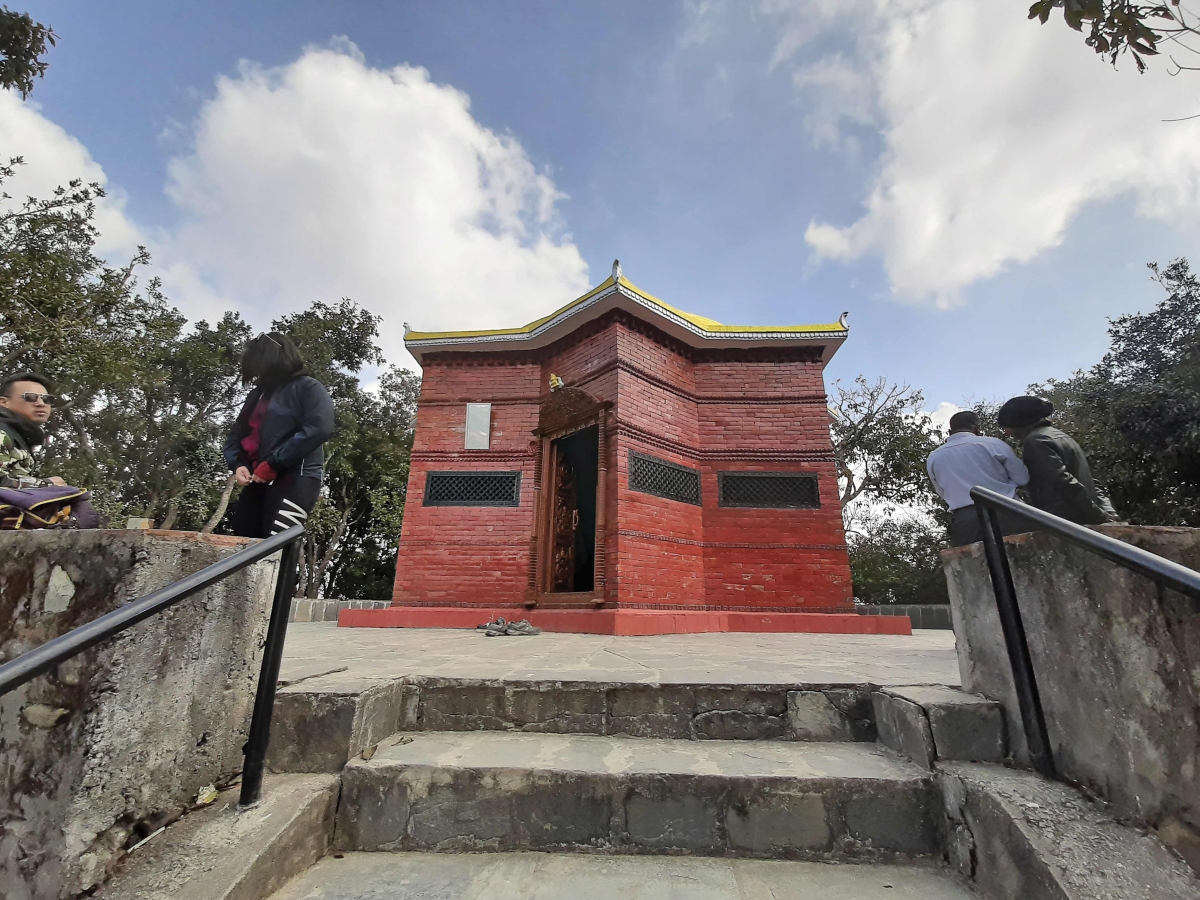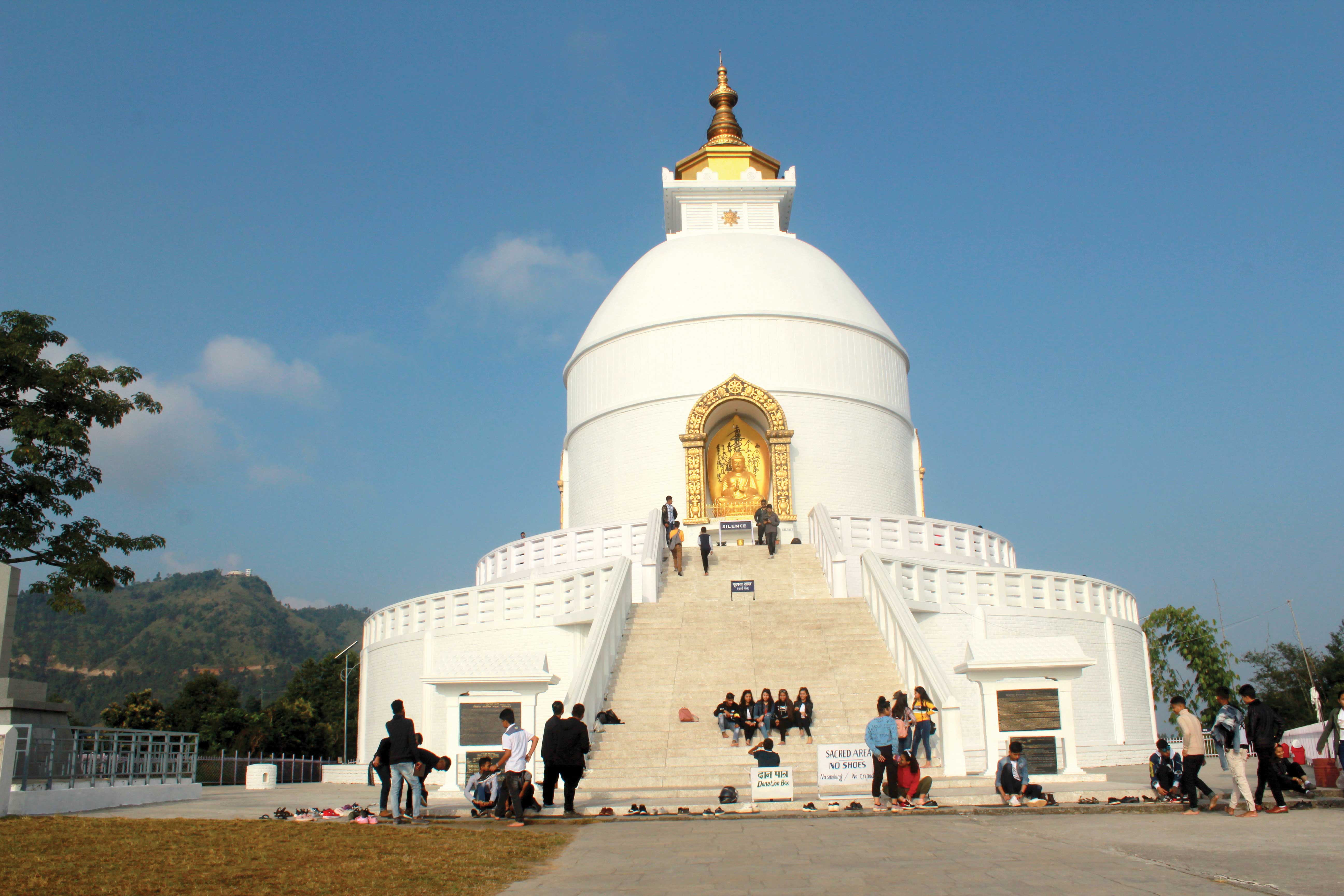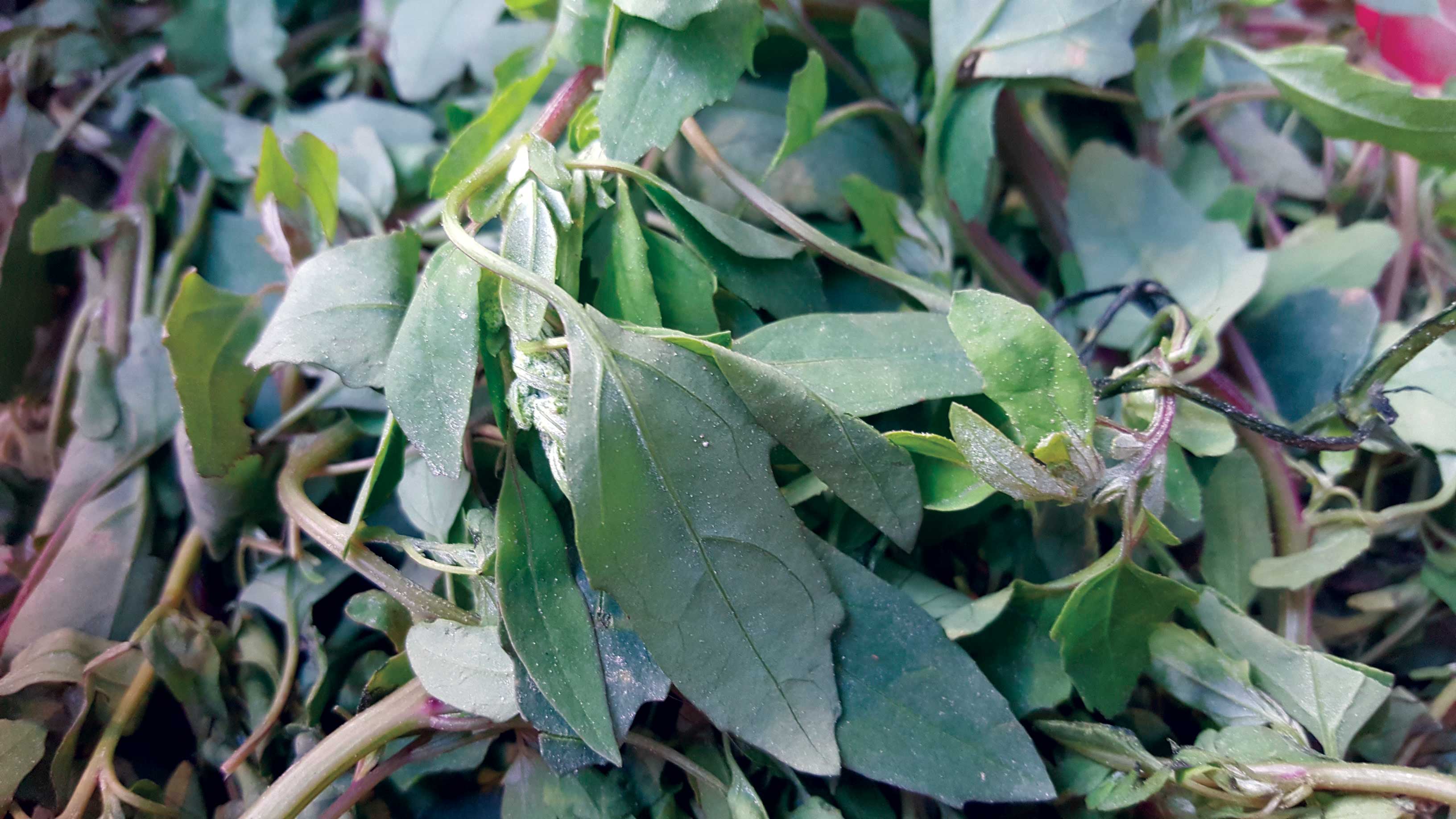As the beautiful migratory birds rest in its placid waters, people find refuge from the chaos of Kathmandu on the banks of Taudaha Lake, right on the foothills of Chobhar. Taudaha is not one of the largest lakes in Nepal, it’s rather a large pond, but its proximity to the capital city makes it a very popular destination for worshippers, families, young couples seeking privacy and even birdwatchers.
.jpg)
Once upon a time, when the Kathmandu Valley was submerged by a paleo-lake and when mythological deities roamed the world, the mythical character Sri Manjushree drained the ancient lake allowing people to settle in what is now the capital city of Nepal. In doing so, thousands of snakes were left without shelter; among them, the King of Serpents Karkotak, the angriest of all. In order to pacify him, the deities built him a magnificent palace, with saphires, gems, rubies and all sorts of precious stones mounted on its walls. King Karkotak guarded the palace and lived peacefully with the people of Taudaha. The King of Snakes provided all protection to those living in Taudaha’s shores on condition that they respect the lake and left him undisturbed.
Today the lake is threatened by wicked constructions mushrooming on its banks and its waters are polluted with pesticides. The local committees, Shree Karkotak Nagraja-Naagrani Vasasthan Taudaha Samaj and Taudaha Youth Club have built stone embankments to conserve the lake, but they can do little to check urbanization and depletion of the water body.
All the world’s myths conceal under their magical facade, a bit of truth. Taudaha Lake, a combination of the Newari words, Ta (snake) and Daha (lake) is a fragile ecosystem and the last natural lake left in the Kathmandu Valley that ought not to be spoiled by human interference and pollution. Local people have a duty to protect its waters. The intricacies and depth of the numerous myths that hover around Taudaha’s waters reflect the importance of the area, as it is in fact, a precious microcosm that supports the subsistence of humans as well as endangered migratory and resident bird species.
A place to worship, to relax and to watch birds, Taudaha is also a place where young couples seek privacy, away from indiscreet eyes well hidden inside the many bamboo cabins around the lake’s banks. When asked about the incredible origins of the lake, the castle under its waters, the legend of how the fishes came to be (some say they have been automatically generated, but, alas, realistically, they were brought by Buddhist Lamas) no one was able to answer. People seem to have forgotten about the importance of Taudaha’s cultural value; it is now just a popular hangout, easy to reach by motorbike, to find peace and quiet from the dusty roads of the city.










